The Community Foundation for Northern Virginia, in partnership with the newly formed Northern Virginia Minority-Owned Businesses Working Group, recently released a new report "Supporting Northern Virginia’s minority-owned businesses" that examines the impact of the COVID-19 pandemic on the region’s estimated 128,000 minority-owned businesses.
The report finds the pandemic has had a complex effect on the region’s local economy and on the wellbeing of its minority-owned businesses. Overall, area businesses saw both lost revenue (as measured by taxable sales) and reduced staff (as measured by workforce size and initial unemployment claims). The total number of businesses with paid staff operating in Northern Virginia held steady, likely due to businesses reducing staff in lieu of permanently closing and new businesses replacing those that closed.
According to the report, minority-owned businesses face a higher risk of becoming insolvent. Due in large part to their smaller size, their concentration in higher-risk industries, and their struggle to access capital. Black and Hispanic-owned businesses were more likely to seek – but less likely to receive – outside funding and government funding.
“When you look at businesses with no paid staff... this population of gig workers and contractors and self-employed, you see that across the board that half of the minority-owned businesses are in the high-risk industry,” said Elizabeth Hughes, the senior director of the Community Foundation for Northern Virginia’s Insight Region research center.
During a virtual event Wednesday, June 23 hosted by the Community Foundation for Northern Virginia, keynote speaker, Melissa Bradley, co-founder of Ureeka, a business mentoring a coaching service, said that the long history of not investing in minority businesses and communities of color have created barriers that make them more economically vulnerable.
“This is not a race issue. This is not a gender issue. This is an economic issue that all of us have to recognize is extremely important,” said Bradley.
More than half of Asian-owned businesses are in high-risk industries like food service, and accommodation, making them one of the hardest-hit groups financially.
“In order to have a resilient economy everyone has to be able to participate…. just building a program is not enough. We have to be proactive. We have to be consistent. We have to bring real value to everyone,” said Buddy Rizer, Executive Director, Loudoun Economic Development.
Several underrepresented local entrepreneurs funded by a $59,800 grant from the Community Foundation participated in Ureeka’s FireUp Business Mentoring and Coaching program for minority-owned businesses.
“Things that I loved about the program was that everything I learned, I could immediately apply to my business and improve it,” said Niecia Bullock, owner of Rooted Yoga. “The pandemic ended up being a blessing in disguise for us because I could make some really big mistakes on a very small scale and tighten things up.”
Northern Virginia is expected to be a majority-minority region after the final 2020 census data comes out. Twenty-seven percent of residents are immigrants who generate $57 billion a year in GDP. Immigrants are 47 percent more likely to be entrepreneurs.
“It’s in all of our self-interest to lift all of the boats to make things positively,” said Bob Lazaro, Executive Director, Northern Virginia Regional Commission.
To aid in the recovery of its businesses, Northern Virginia’s jurisdictions provided $89.2 million in loans and grants to over 9,600 local small businesses during the pandemic. Rates of minority ownership among these recipients varied from 18 percent to 51 percent for those programs that collected demographic information.
The Northern Virginia Minority-Owned Businesses Working Group includes the Alexandria Economic Development Partnership, Arlington Economic Development, Community Foundation for Northern Virginia, Fairfax County Economic Development Authority, Loudoun Economic Development, Northern Virginia Economic Development Alliance, Northern Virginia Regional Commission, and Prince William County Department of Economic Development.
Supporting Minority-Owned Businesses in Northern Virginia
June 30, 2021


 Questions?
Questions? Questions?
Questions?




